What Las Vegas can teach us about backing entrepreneurs
Tony Hsieh's Downtown Project encourages people to take the leap: it's just what Britain needs
A free daily email with the biggest news stories of the day – and the best features from TheWeek.com
You are now subscribed
Your newsletter sign-up was successful
BRITAIN must cut taxes and red tape to produce more entrepreneurs, screamed the headline in the Daily Telegraph this week. The Centre for Policy Studies found that Britain lags behind Hong Kong, the US, Australia, Israel, Canada and Ireland when it comes to producing entrepreneurs.
I think that behind the argument for reducing capital gains tax and scrapping the 45p rate lies a more fundamental question. How do you empower people to be brave and take the leap from being ’self-employed’ to embrace risk and build a business?
Part of the solution is creating geographical hubs: Boris Johnson’s launch of MedCity earlier this month should foster a community where techies, funders and universities can come together to plot, create and grow world-class biotech companies.
The Week
Escape your echo chamber. Get the facts behind the news, plus analysis from multiple perspectives.

Sign up for The Week's Free Newsletters
From our morning news briefing to a weekly Good News Newsletter, get the best of The Week delivered directly to your inbox.
From our morning news briefing to a weekly Good News Newsletter, get the best of The Week delivered directly to your inbox.
So government can do it. But I found another way to do it when I visited Las Vegas last week. I ventured beyond the glitz and the glamour of the Strip and checked out the Downtown Project.
This is a geographical hub full of the kind of entrepreneurs I can get my head around. I ate breakfast at Eat, started by chef Natalie Young who was disenchanted with cooking in the big Vegas hotels. She was about to leave town when she received funding to start up her own restaurant in the Downtown Project.
Over a satisfyingly enormous dish called, 'huevos motulenos’ which incongruously contained eggs, peas, and bananas (I ate the whole thing) I chatted to two other Vegas start-ups founders.
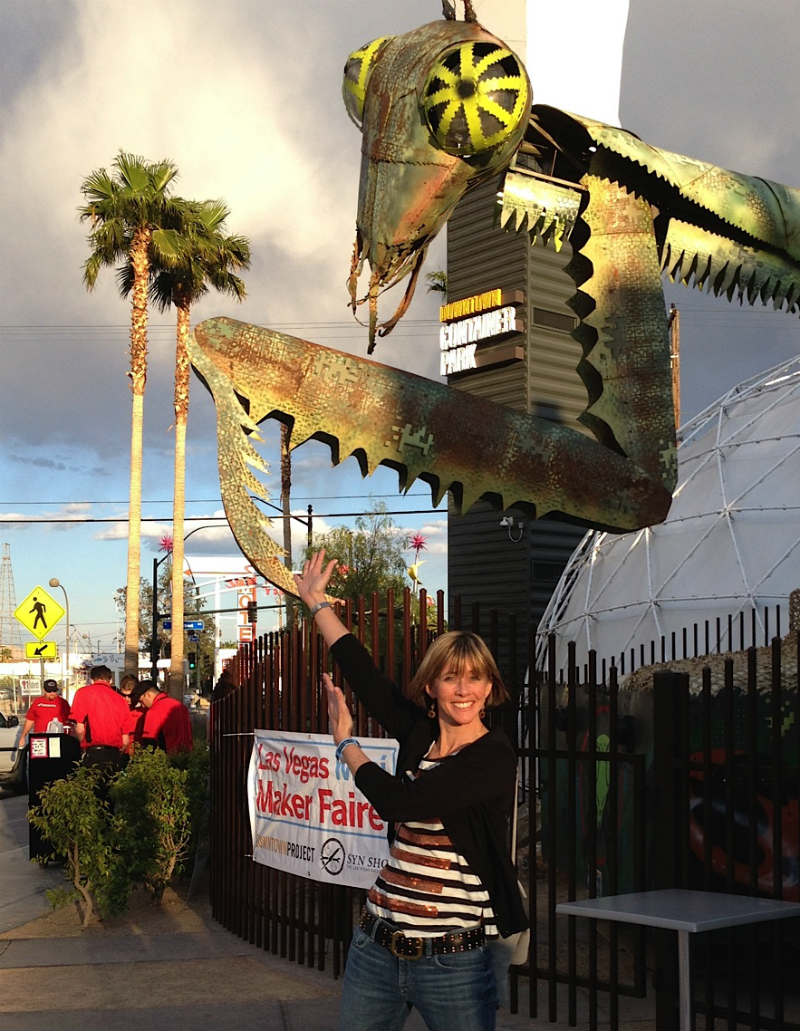
Kacy Qua runs qualifyor which, through the mechanism of competitions, offers young people job relevant experience, exposure, and portfolio building so they can build skills and get jobs. My other breakfast mate was Connie Yeh who runs 9thBridge - a Downtown Vegas school that uses the latest research in neuroscience and social-emotional learning to teach its kids.
A free daily email with the biggest news stories of the day – and the best features from TheWeek.com
Neither of these two were the type of people I’d expect to find in Las Vegas. They’ve been sucked there by a grand scheme that was started late in 2011 by successful Internet entrepreneur Tony Hsieh. After selling his shoe company Zappos to Amazon in 2010 for $1.2 billion, then moving Zappos HQ to Las Vegas, he took $350 million of his own money and decided to invest in revitalising the Downtown Las Vegas.
The lion’s share is going to real estate - $200 million for buying up old motel complexes and derelict commercial buildings. But $50 million has been earmarked for small businesses like Natalie’s Eat, $50 million has gone into a Technology Fund, and $50 million is being spent on improving education, including the 9thBridge school.
I went on a tour of the Downtown Project, starting with the Ogden, the apartment building which houses Tony Hsieh, along with many of Downtown’s start-up employees and Zappos employees.
The tour takes you through Hsieh’s apartment, containing a Post-it note brainstorm wall where people have posted their original ideas for projects they’d like to see funded. Besides Connie’s school and Natalie’s restaurant, I spotted Post-its requesting public bikes, a BBQ joint, a shuttle bus, outdoor boxing, a doughnut store, better airline connections and community-available electric vehicles.
In less than three years, many of these ideas already have homes. Hsieh himself invested in private Jet company JetSuite in order to increase the number of direct flights between LA, San Francisco and Las Vegas. Project 100 launched in April when the Downtown Project bought 100 Tesla electric cars. In Vegas, the sharing economy means bringing together shared cars, bikes and shuttle bus stops. The latest addition to the Downtown Project? Doughnuts.
An idea that gets thrown around on the tour is the importance of ‘collisionable’ encounters, because random, unplanned interactions between people often yield the most innovative results. This is helped by the fact that much of the year Las Vegas weather encourages an outdoor life.
The Downtown Project’s ‘mall’ is actually a huge collection of shipping containers, containing Big Ern’s BBQ (another Post-it suggestion). It’s hard to miss the Container Park: at the entrance is a giant, fire-spouting preying-mantis. More restaurants, cafes and ‘co-working’ spaces are planned to increase the number of ‘serendipitous' encounters.
Two other ‘C’s that get discussed are the importance of Co-Learning - where people in the neighborhood are learning from each other, through mentorship, classes, talks and workshops - and Connectedness, the number and depth of connections between people in the neighbourhood.
Part of what I liked about the Downtown Project was that it was easy to understand. It is one guy’s money. Real estate was cheap after the recession. City officials have been supportive, especially since Hsieh saved City Hall from becoming a homeless shelter, turning it into Zappos’ new HQ. Taxes are low.
It is early days for Downtown. It isn’t all smooth sailing. Some early founders have moved their companies to San Francisco to be closer to funders. Some long-term Downtown residents and business owners are finding they can’t afford the rents now that the cool cats have moved into town.
But as the employment ticker on the Downtown Project’s website hits 630 jobs created, it is hard not to be positive about the project. Tony Hsieh’s big bet looks to me like it is already starting to pay off.
-
 How the FCC’s ‘equal time’ rule works
How the FCC’s ‘equal time’ rule worksIn the Spotlight The law is at the heart of the Colbert-CBS conflict
-
 What is the endgame in the DHS shutdown?
What is the endgame in the DHS shutdown?Today’s Big Question Democrats want to rein in ICE’s immigration crackdown
-
 ‘Poor time management isn’t just an inconvenience’
‘Poor time management isn’t just an inconvenience’Instant Opinion Opinion, comment and editorials of the day
-
 How the online world relies on AWS cloud servers
How the online world relies on AWS cloud serversThe Explainer Chaos caused by Monday’s online outage shows that ‘when AWS sneezes, half the internet catches the flu’
-
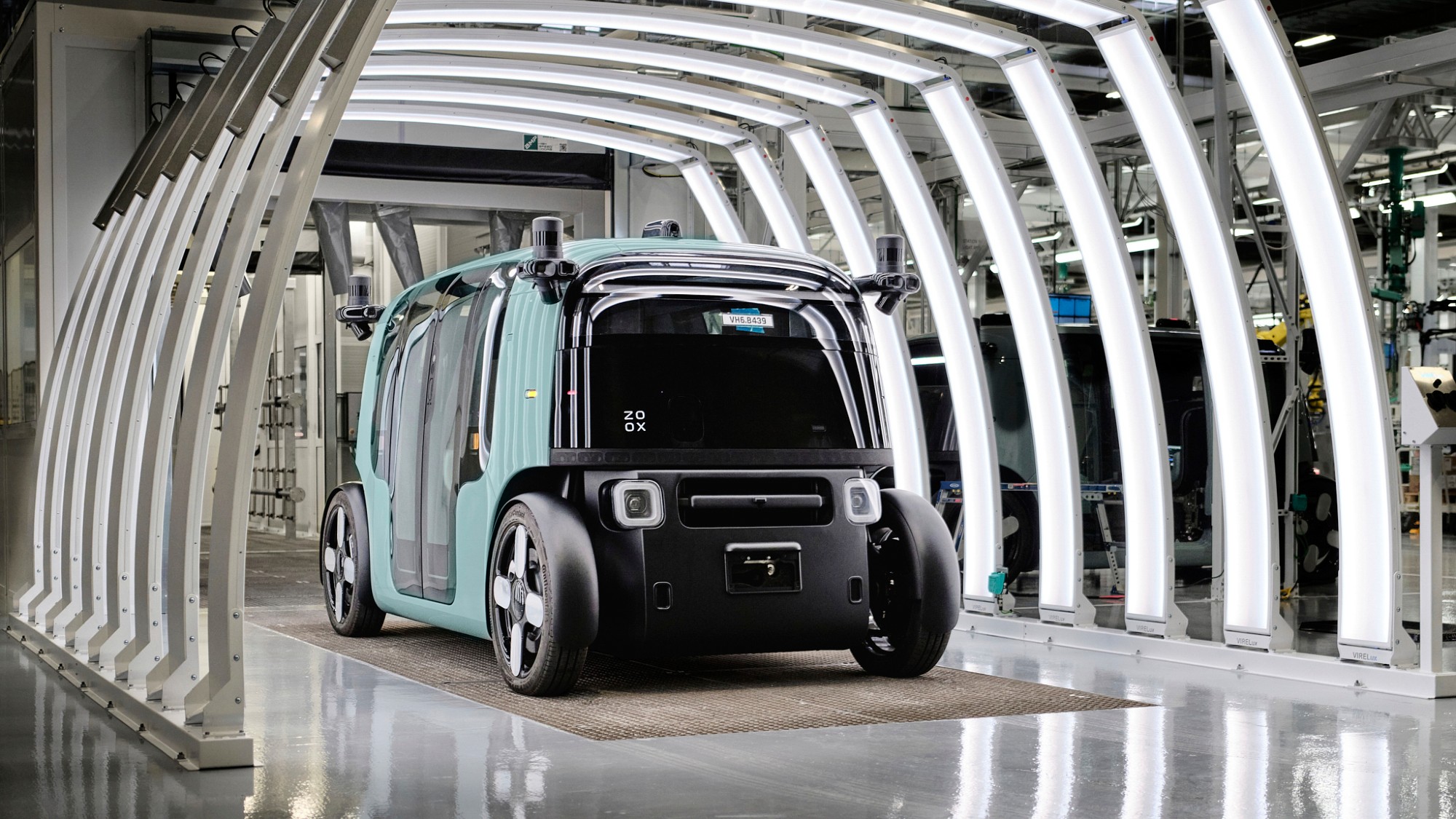 Amazon's robotaxi looks to be Waymo's biggest competitor
Amazon's robotaxi looks to be Waymo's biggest competitorIn the Spotlight The company recently opened a new robotaxi production plant in California
-
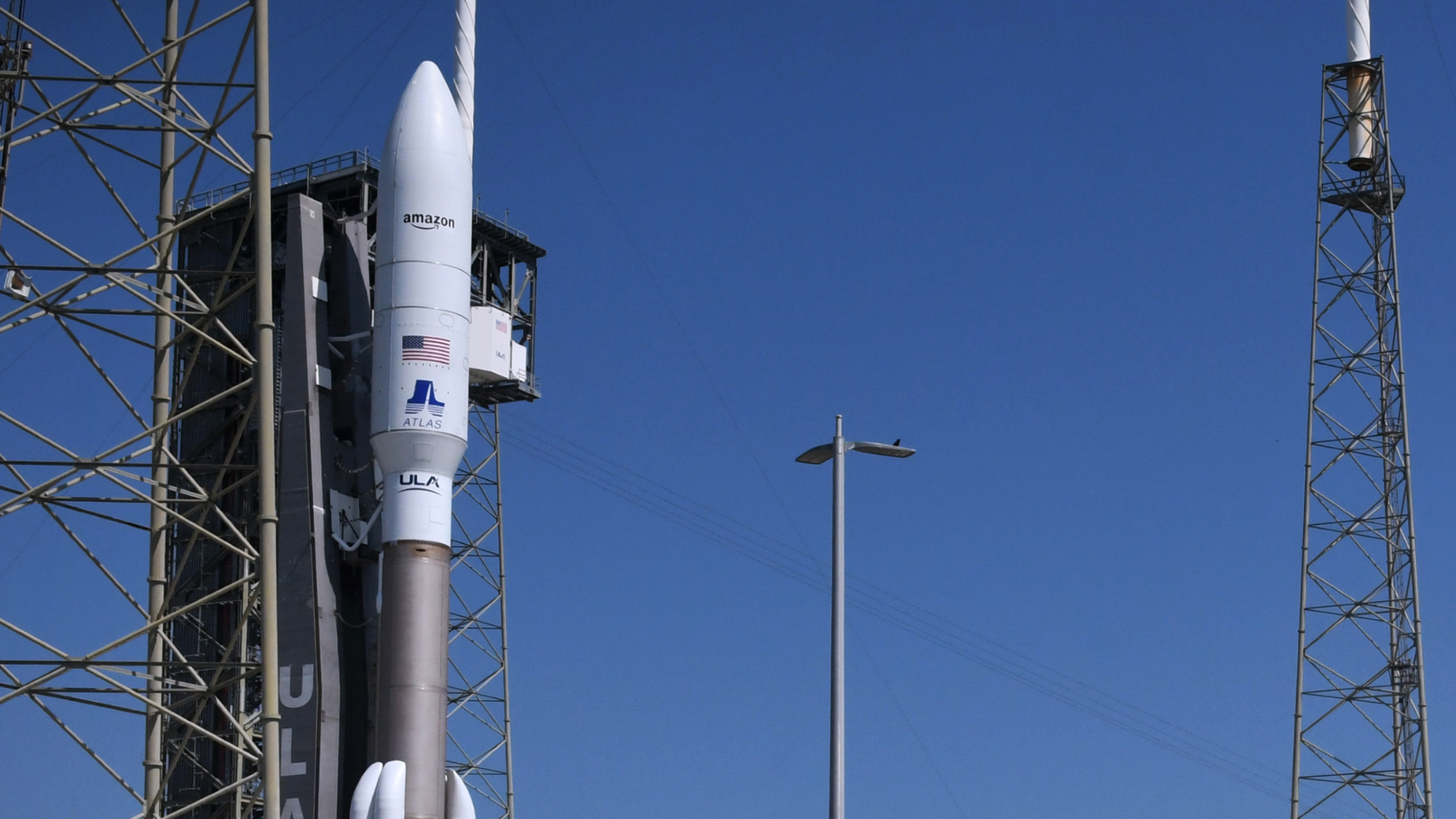 Amazon launches 1st Kuiper internet satellites
Amazon launches 1st Kuiper internet satellitesSpeed Read The battle of billionaires continues in space
-
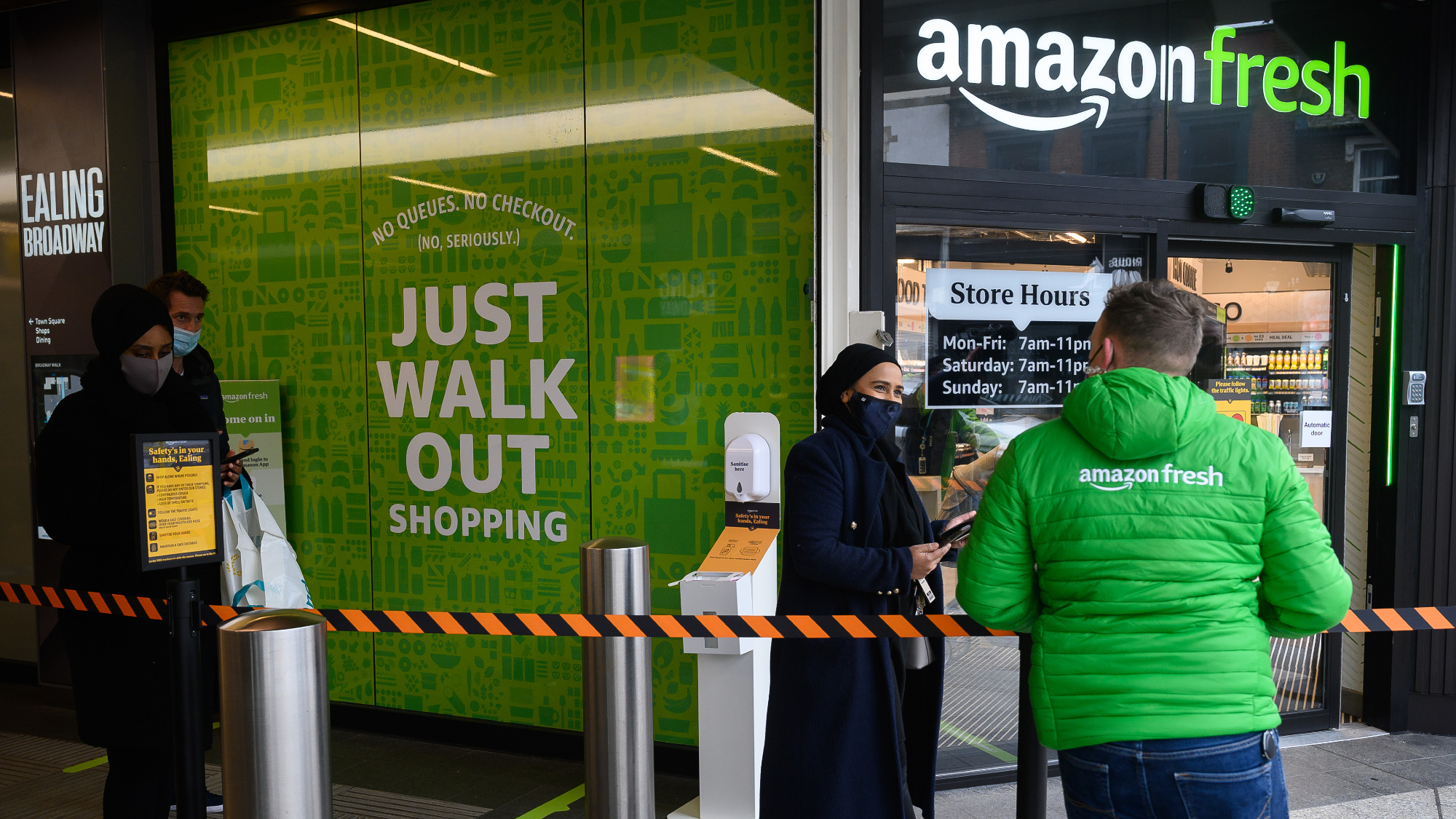 Amazon ending 'Just Walk Out' grocery checkout
Amazon ending 'Just Walk Out' grocery checkoutSpeed Read In its place, the company will let customers scan while they shop with Amazon Dash Cart
-
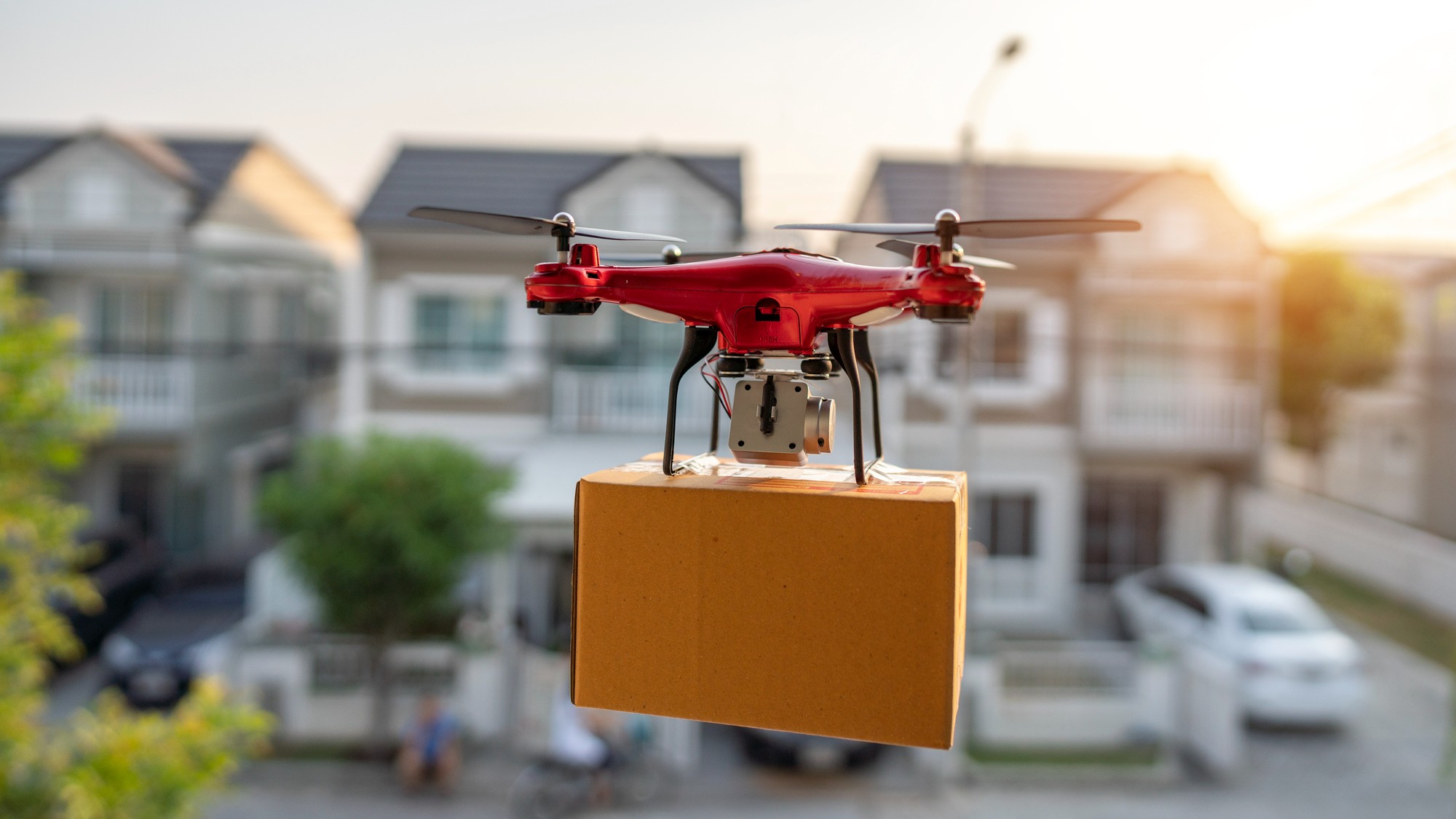 The pros and cons of drone delivery
The pros and cons of drone deliveryPros and cons It's a bird! It's a plane! It's a ... drone?
-
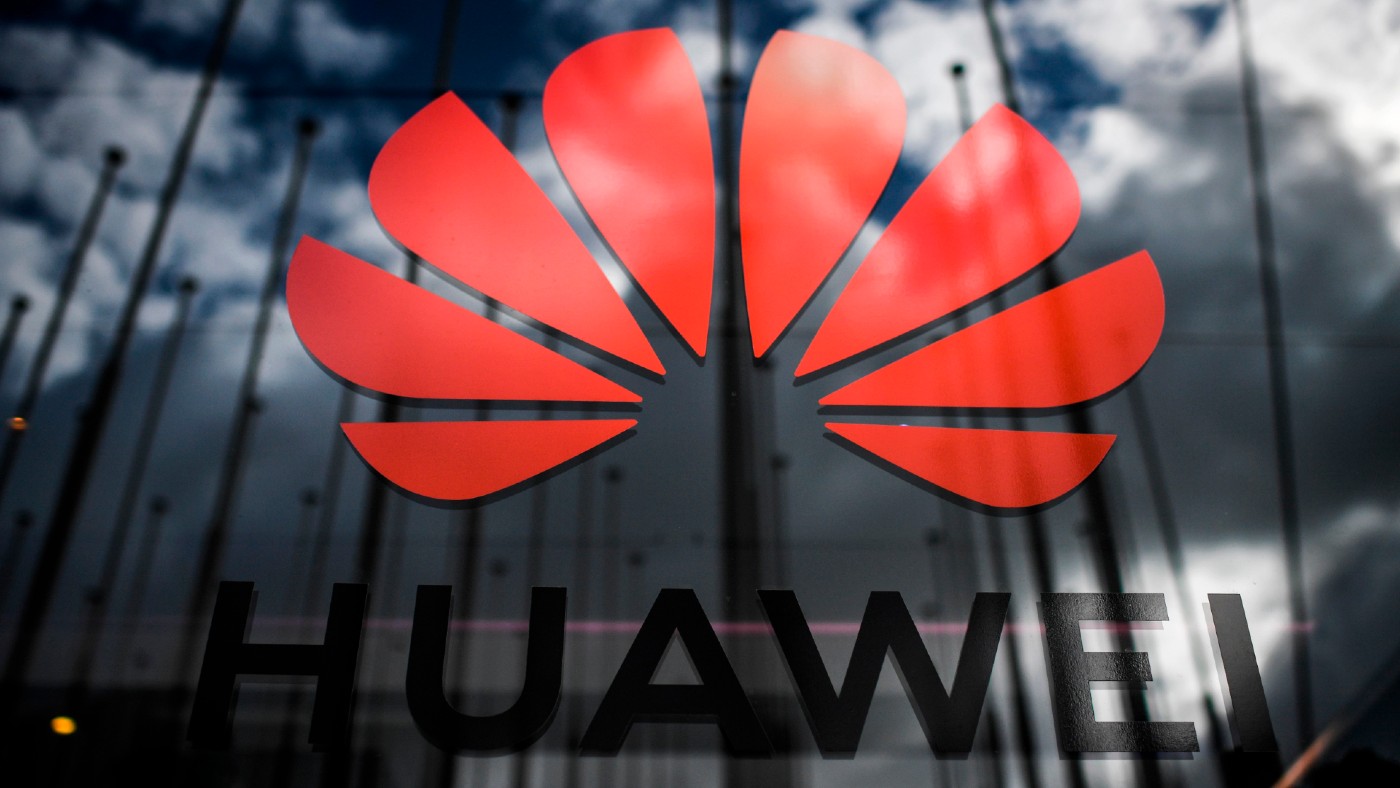 Our way or the Huawei: will China retaliate over 5G tech ban?
Our way or the Huawei: will China retaliate over 5G tech ban?In Depth Chinese state media warns of ‘painful’ response to UK’s ‘ill-founded’ decision
-
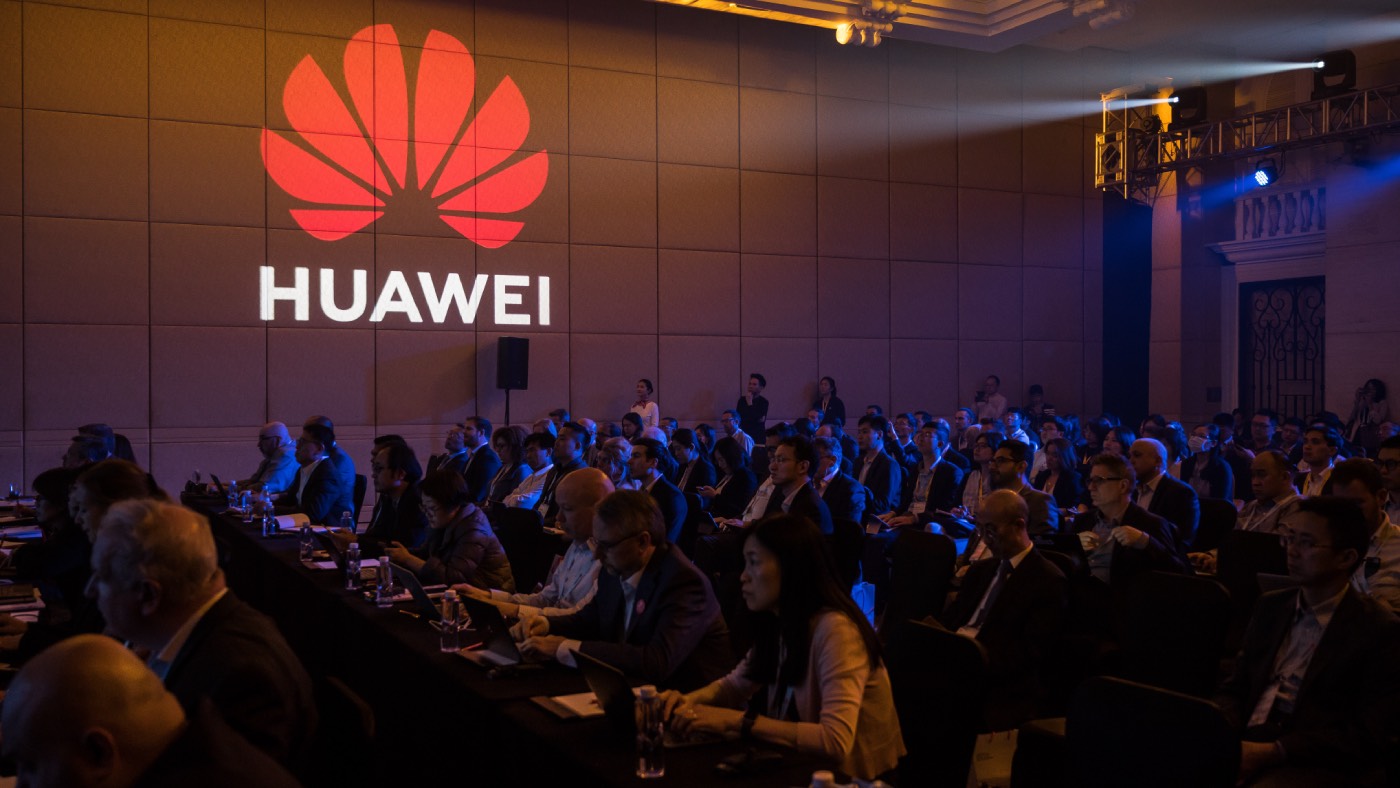 Huawei banned: the risks and benefits of Chinese 5G tech
Huawei banned: the risks and benefits of Chinese 5G techSpeed Read UK’s mobile providers banned from buying Huawei 5G equipment after 31 December
-
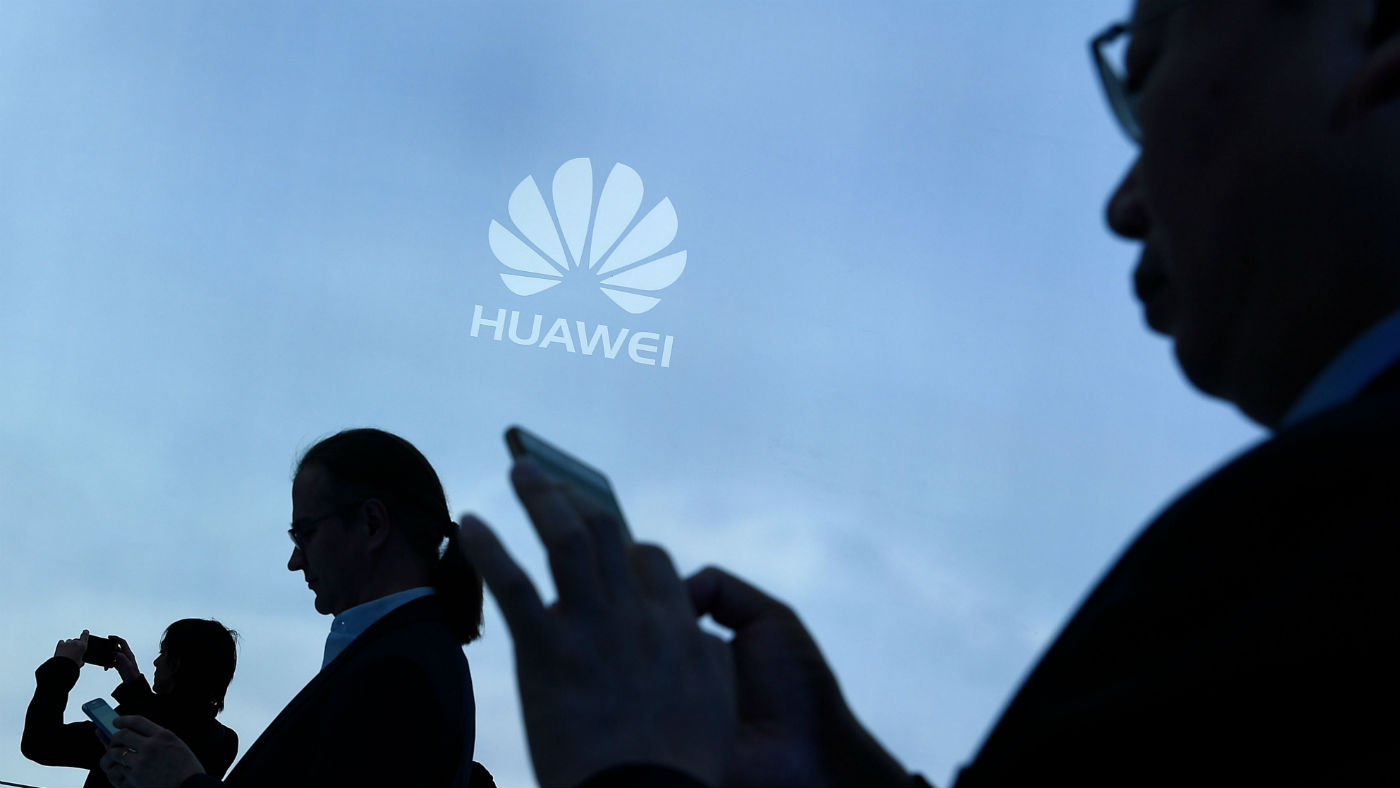 US says using Huawei in UK 5G network would be ‘madness’
US says using Huawei in UK 5G network would be ‘madness’Speed Read Ministers told allowing Chinese firm access would risk intelligence sharing